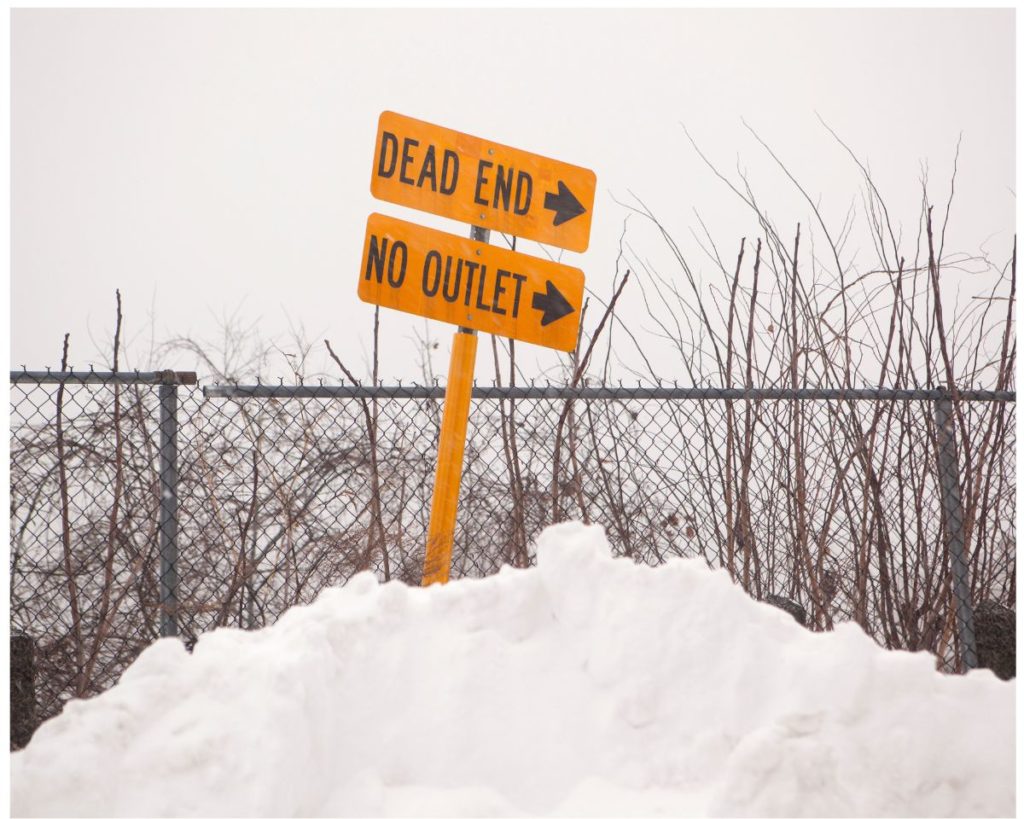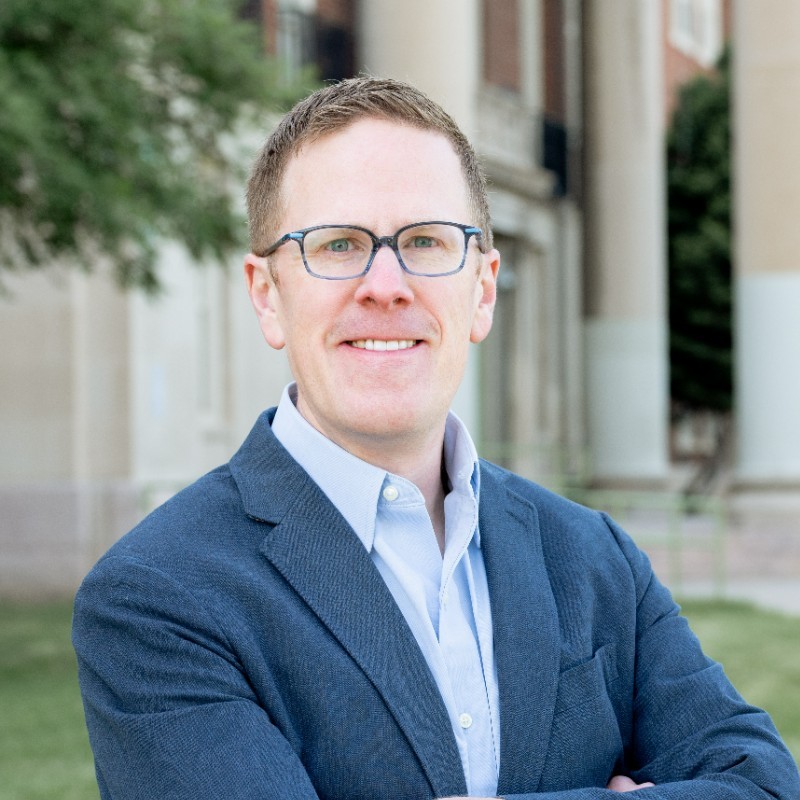Over the past weeks families and communities across Denver Public Schools have received both the most recent data from the Colorado Measures of Academic Success – an indicator of the effectiveness of districts and schools – as well as the results of a yearlong listening tour conducted by Superintendent Dr. Alex Marrero, which outlines the “roadmap” that will help guide Colorado’s largest district for the next several years.
As many would suspect, the CMAS results demonstrate a significant Covid-related impact to the learning progress and trajectory of students across our city.
Only about 25% –fewer than 10,000 – Black and Latino students in grades 3-8 are reading at grade level. The results for math are even worse. We know that there is nothing more important or impactful for a student’s long term success than a highly effective teacher in the classroom day in and day out. Which is precisely why the pandemic created such drastic learning loss.
While that data is alarming it is not surprising. For years families have known that their students were not receiving the tools, support, or education that they deserved.
Unfortunately, the “DPS Thrives” strategic roadmap falls short of addressing this very real educational crisis. We should be acting with the sense of urgency of a five alarm fire. We should be acting as if students’ futures are on the line.
And yet our roadmap seems content with improving student progress and addressing student needs at a leisurely pace.
Over the next four years, the roadmap lays out a goal of improving student performance on state tests by 10 percentage points. It adds that to close gaps, some groups might have to be moved at a faster pace, but offers no specifics, nor strategies or benchmarks of success.
It also does not specify or name that there will be additional resources afforded to those students who come from communities hit hardest by the pandemic. This is an opportunity to live up to our value of equity.
Ten percent progress over four years is an extremely modest goal that essentially concedes that large numbers of students won’t catch up within the next four years.
Just 2.5 percentage points per year? That is unacceptable.
We are setting up our students for a life of struggle from which many will never escape. How are all students expected to thrive beyond their time at DPS if we do not give them the tools to achieve success?
Parents have told me for years that the academic success of their children is a top priority. They want their children to grow, both academically and socially, and they want their children to succeed at whatever comes next for them, whether that is fourth grade, high school or post-secondary, and that requires the skills both inside and out of the classroom.
This plan seems to be telling families that marginal progress is all we can hope for, which means that for some students that they will never catch up. That means for some students life will be filled with limited options because we refused to aim high.
That is unacceptable.
I believe in setting our course for the moon, knowing that falling short, still lands us among the stars. Have we really resigned ourselves to an entire generation of students being left behind? Do we not believe the moon to be possible?
If I take hope from one aspect of the roadmap, it is the emphasis on exposing students to grade-level texts and tasks. I applaud the academic team for listening to what community leadership in Far Northeast Denver have been preaching for years.
If students are ever going to make it to grade level they must spend time with materials at grade level. If a student is in fourth grade, reading at a first grade level, and only ever sees first grade material, how is that student ever going to make enough progress to catch up?
The roadmap places as much emphasis on student and adult experiences in school as on student learning. Making the school experience positive for everyone is one important step toward success. I applaud the inclusion of that focus. Again, there is nothing more important than effective educators in front of our students.
But what I fail to find laid out clearly anywhere is what, specifically, the district intends to do differently to achieve better results. Doing more of the same but with everyone feeling happier isn’t going to get us where we need to go.
Also missing from the roadmap are any benchmarks beyond board end statements that tell us whether we are on track to meet its goals. Marrero told Chalkbeat “that he intentionally framed the plan as a fluid roadmap, with goals to be accomplished by 2026, rather than a rigid plan with annual benchmarks.”
His rationale was that should something unanticipated like a pandemic occur again, being locked into rigid goals would render the plan meaningless.
How does that help students? How does that inform families and communities? How does that drive focus and priorities that create a clear path towards success for 90,000 students? Now is not the time for soft commitments. We need courageous leadership If we are to address this crisis.
Students, families, communities and educators deserve bold and transparent leadership to address the impact of decades of educational inequity and the compounded effect of Covid-19.
DPS should be leading from a place of full transparency and accountability. We should create a plan modeled off the Unified Improvement Plans, complete with widespread outreach to families, detailed strategies for improvement, and clear measurable benchmarks at regular intervals leading to a reality in which 10 out of 10 students across DPS are thriving.
As a former teacher I believe that every student is capable of rising to their full potential when high expectations are set and they are supported along the way.
I also believe that this district is capable of becoming a national leader in serving students but we must hold ourselves to the highest of expectations and be bold in our aspirations, and intentional with our actions to achieve them.




